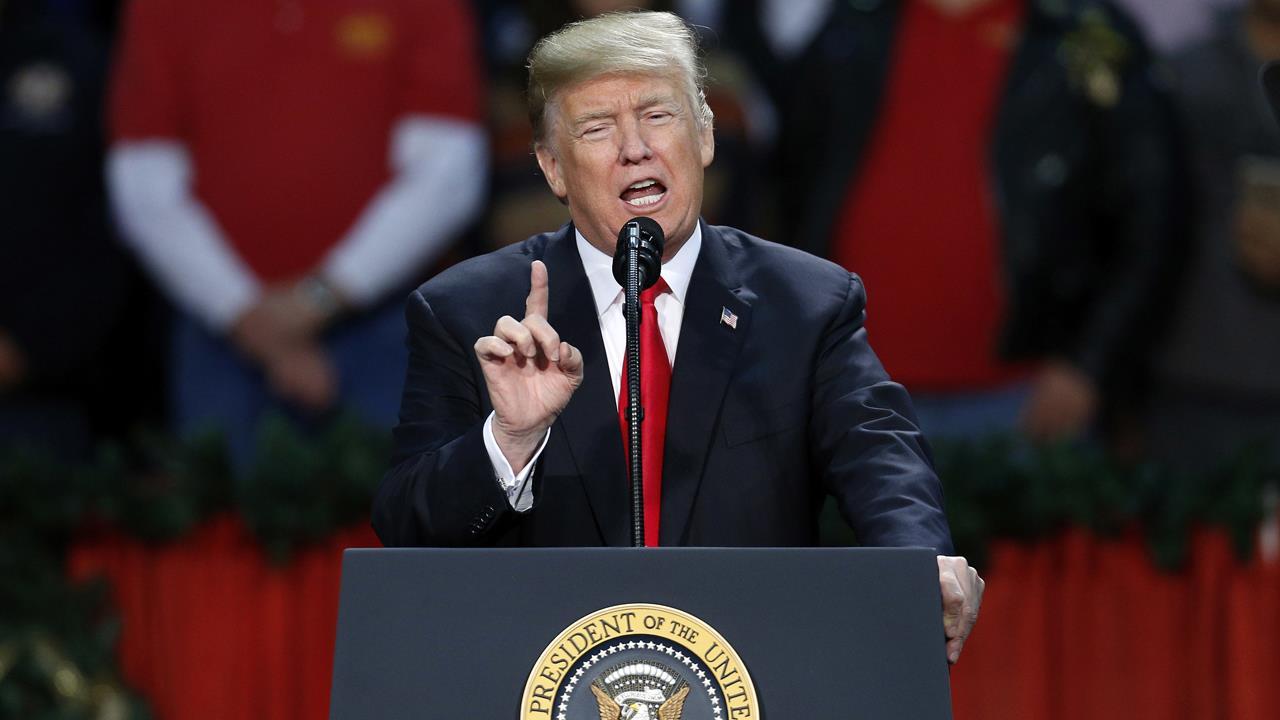How China could actually win a trade war
China’s yuan has been strengthening versus dollar this year, and now, according to Bloomberg, China is evaluating the use of gradual yuan depreciation as a tool in the escalating trade dispute with the U.S.
If China were to allow its currency to weaken versus the greenback, such a move would make the goods it exports into the U.S. relatively more affordable, potentially counteracting the tariffs applied on the goods
While China has been accused of being a currency manipulator, it hasn’t been officially named as one. In a semiannual report on the currency practices of major trading partners, the U.S. Treasury Department didn’t officially name the country as a currency manipulator. It did, however, keep the country on the monitoring list.
As an exporting country, it makes sense to want to have a weaker currency relative to their business partners. According to a survey by the IMF in 2015, a 10% fall in the value of a nation’s currency can boost exports by an average 1.5% of Gross Domestic Product.
If China depreciates its yuan, Chinese products will become cheaper, triggering a boost in demand for countries to import Chinese goods.
But if China moves to depreciate its currency to gain an advantage in a potential trade war, it could risk officially being branded as a currency manipulator.
Another potential problem: how a depreciating currency could affect the country’s mountain of debt. According to Financial Review, China’s debt has almost doubled since the global financial crisis. A depreciated currency would make the amount of debt financed in foreign currency larger, putting a greater debt burden on the nation.




















